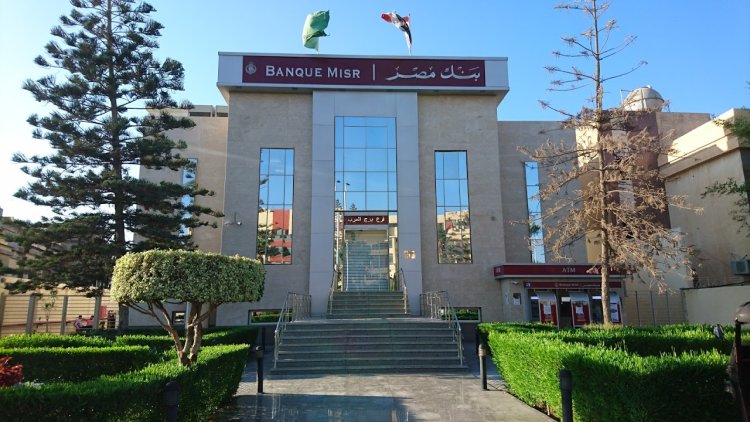EGP 16 billion.. The real estate financing portfolio at Bank Misr until June 2023

The real estate loan portfolio at Bank Misr recorded 16.234 billion pounds at the end of June 2023 compared to 13.835 billion pounds in December 2022.
The independent financial statements announced an increase in the personal loan portfolio to 106.568 billion pounds at the end of June 2023 compared to 95.153 billion pounds in December 2022.
The bank's personal loan portfolio also recorded 81.493 billion pounds at the end of June 2023 compared to 73.864 at the end of December 2022.
Current accounts at the Bank of Misr recorded 3.446 billion pounds at the end of June 2023 compared to 2.893 billion pounds at the end of December 2022.

The real estate financing system
In this regard, real estate expert Engineer Tarek Bahaa stated that linking the real estate financing system to financial instruments such as bonds is a new and effective way to ensure the continuity of the funding flow.
Baha added that in some countries special government bonds are issued called "mortgage bonds" or "real estate bonds" to finance mortgage loans.
Baha confirmed that when the state issues these real estate bonds, it collects money from investors by selling these bonds, then those funds are used to finance the real estate loans needed by individuals and companies, and therefore, the real estate bonds are a way to collect money to finance the real estate loans, with a lower interest.

Providing sustainable cash flows
Baha pointed out that the government or the financial body responsible for issuing the real estate bonds should be responsible for ensuring the continuity of the funding flow for the real estate financing loans. This is done by providing guarantees or pledges to the investors that they will be obligated to pay the interest and capital due on those bonds, and by using the real estate bonds, the government or the issuing entity can provide sustainable cash flows to finance the real estate loan operations in the country, thereby enhancing the liquidity of the real estate market and encouraging investment in it.
Expanding the investor base
In the same context, Baha explained that connecting real estate financing systems with financial financing tools such as bonds can contribute to boosting the sales of real estate development companies by a ratio exceeding 50%, by providing sustainable financing, where through the use of real estate bonds, real estate development companies can Obtaining long-term and sustainable financing for its real estate projects, which allows it to finance construction and development operations and land purchases without the need for immediate financing from buyers.
This is in addition to expanding the investor base, since when the real estate bonds are issued, companies become able to attract additional investors through the financial market, this is in addition to the real estate bonds enjoying financial stability and the expected return on them, and therefore, increasing the availability of financing through the financial markets and contributing to Promoting sales of real estate development companies.
Baha added that when companies issue real estate bonds, investors receive fixed returns in the form of interest on the bonds. Consequently, these returns provide stable and regular cash flows to companies, which enables them to better finance their current and future projects and improve their business model, as well as reduce the cost of financing, because relying on real estate bonds for financing, real estate development companies can reduce the cost of general financing, and it becomes They have the ability to obtain lower interest rates compared to traditional financing from banks or private investors, which is reflected in enhancing the profitability and competitiveness of real estate development companies in the market.


 Shrouq
Shrouq 












